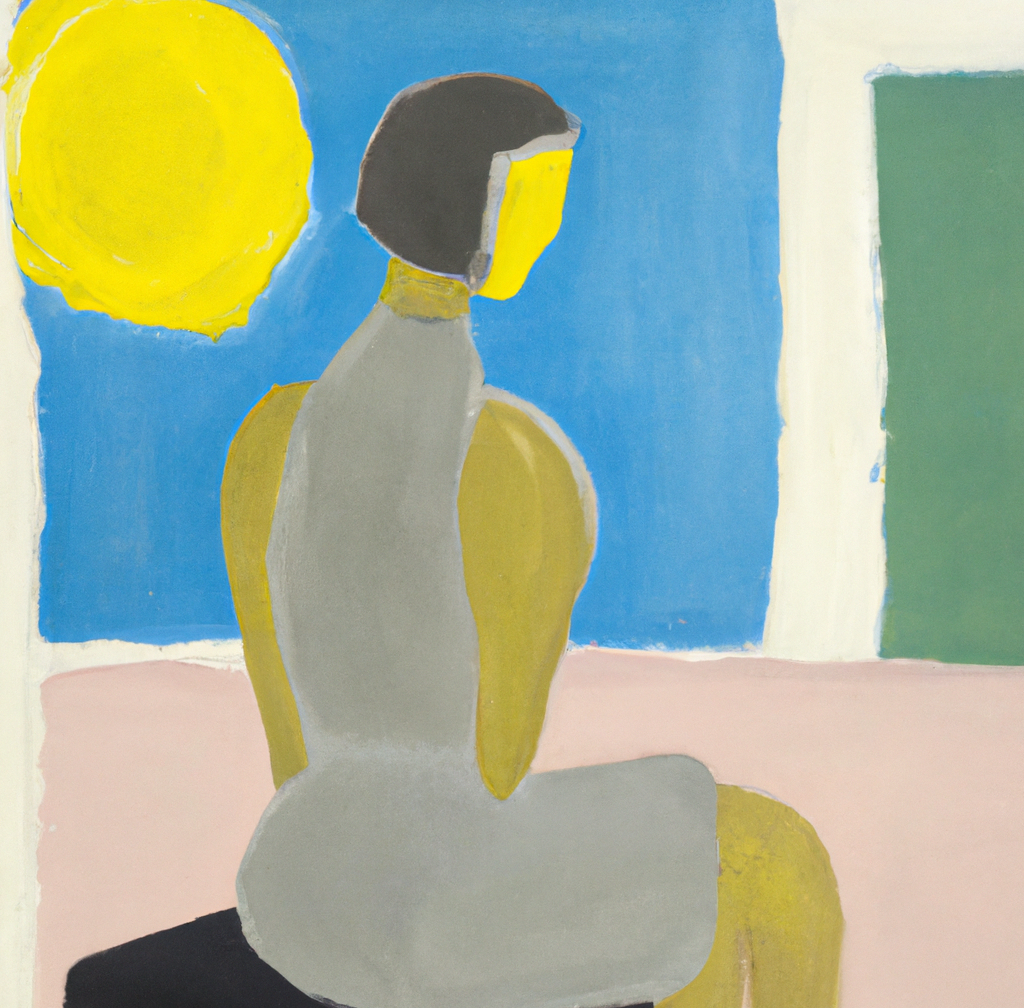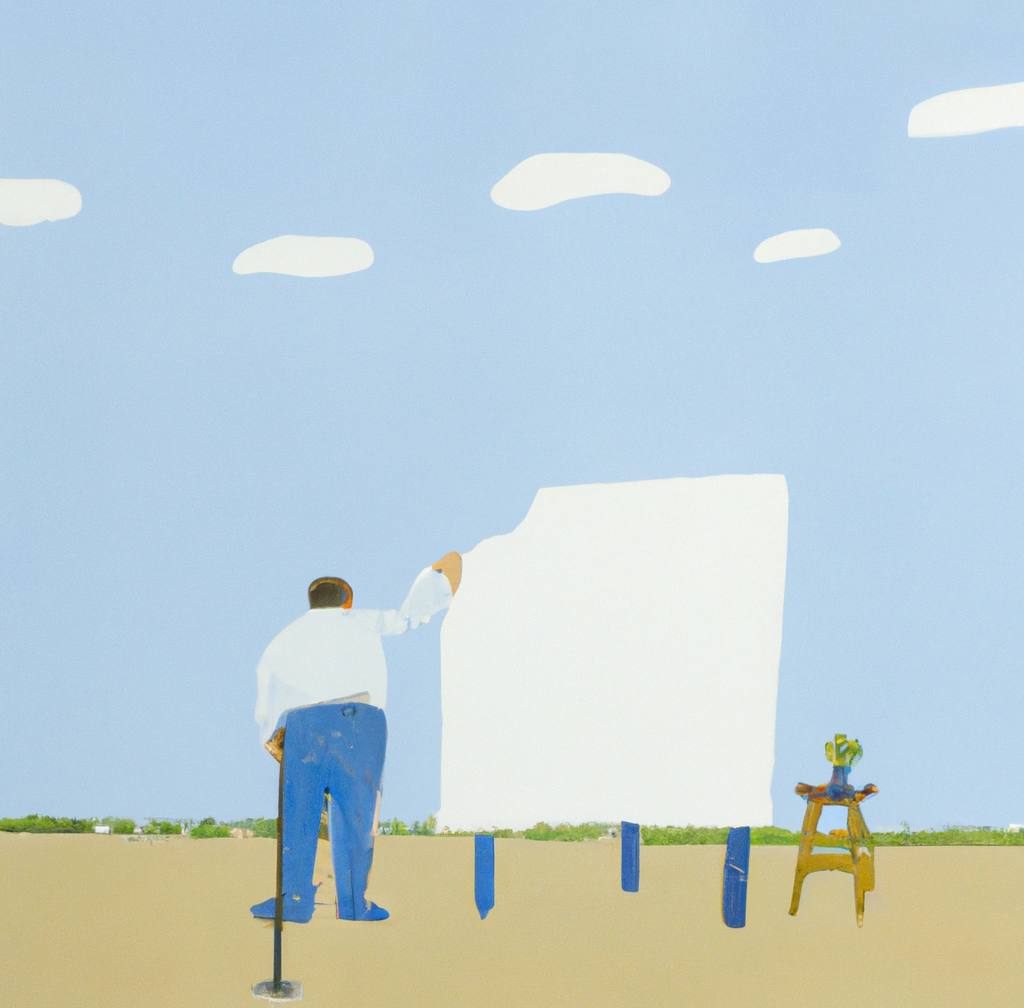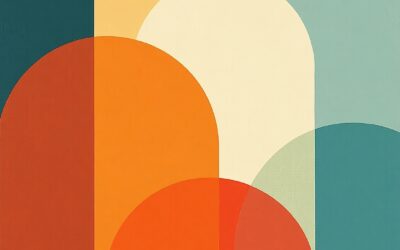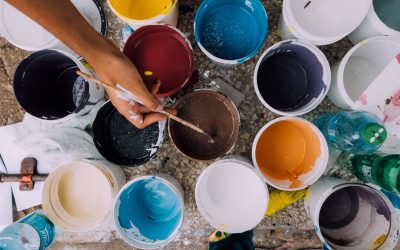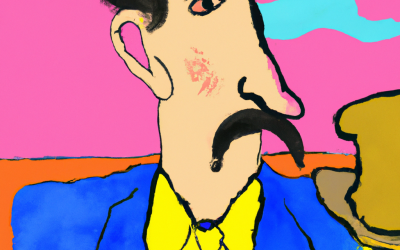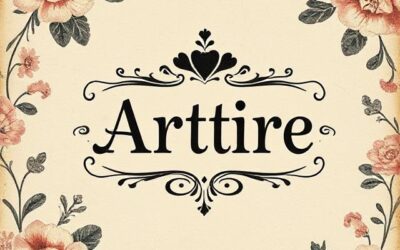![]()
A Brighter Path Forward
Let’s talk about something that’s been on a lot of minds lately: finding help with depression. With the world navigating a whirlwind of challenges—global unrest, economic shifts, and that unexpected quarantine stint that began in 2020—it’s no surprise that our mental well-being has taken a few hits. Once upon a time, humans roamed as hunter-gatherers, chasing dinner and soaking up the outdoors. Fast forward to today, and we’ve traded open plains for four walls, especially during those long months of isolation. For many in America and beyond, that shift has ushered in a wave of depression that’s tough to ignore.
But here’s the good news: there’s a way to push back against the gloom, and it doesn’t involve a magic wand—just a little creativity. Yes, tapping into your creative side might just be the unexpected ally you need to lift your spirits, strengthen your body, and bring a bit of calm to the storm. So, let’s dive into why depression’s been knocking at our doors and how creativity can help us show it the exit.
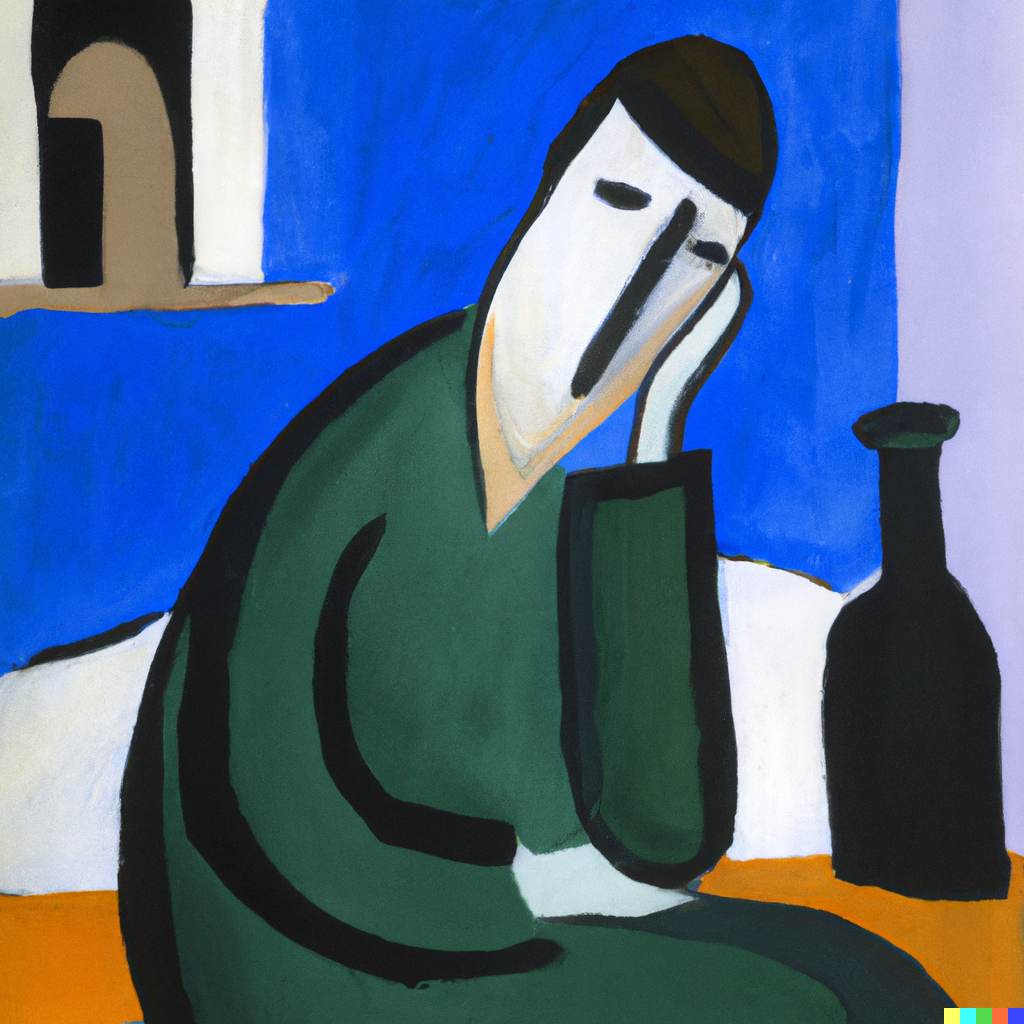
Understanding Depression’s Recent Rise
Depression doesn’t show up uninvited—it’s got some baggage it likes to bring along. According to Reuters, every 1% rise in unemployment nudges suicide rates up by the same amount. Not exactly a cheerful statistic. Meanwhile, MedicalExpress looked at four decades of data across 26 European countries and found that when unemployment spikes over 3%, suicide rates climb by 4.45%. It’s a stark reminder of how closely our mental health is tied to the world around us.
The folks at UC Santa Cruz point out that suicide often stems from mental illness, with depression leading the pack. It’s the second leading cause of death among young people—a fact that lands like a heavy thud. What makes depression so tricky is its ability to convince you that reaching out for help isn’t worth the effort. And the causes? They’re a mixed bag—psychological, social, and biological factors all tossing their hats into the ring. It’s not a one-size-fits-all problem, which means the solutions need a bit of variety too.
Help with Depression: Introducing Creativity
So, how do we tackle depression when we’ve spent months cooped up, staring at the same walls, screens, or that one plant we keep forgetting to water? One answer lies in creativity—a tool so effective, it’s almost too simple to believe. When isolation became the norm in 2020, it forced us indoors, but it also handed us a golden opportunity: time to reconnect with old passions or explore new ones. Whether it’s picking up a guitar, sketching a landscape, or even trying your hand at dance, creative activities offer more than just a distraction. They’re a lifeline—a way to keep negative thoughts at bay and bring a bit of light into your day.
The beauty of this approach is its accessibility. You don’t need to be an artist to benefit—just willing to give it a go. And the payoffs? They’re backed by science and experience, from boosting your immune system to easing stress. Let’s break down why creativity might just be the help with depression you’ve been looking for.
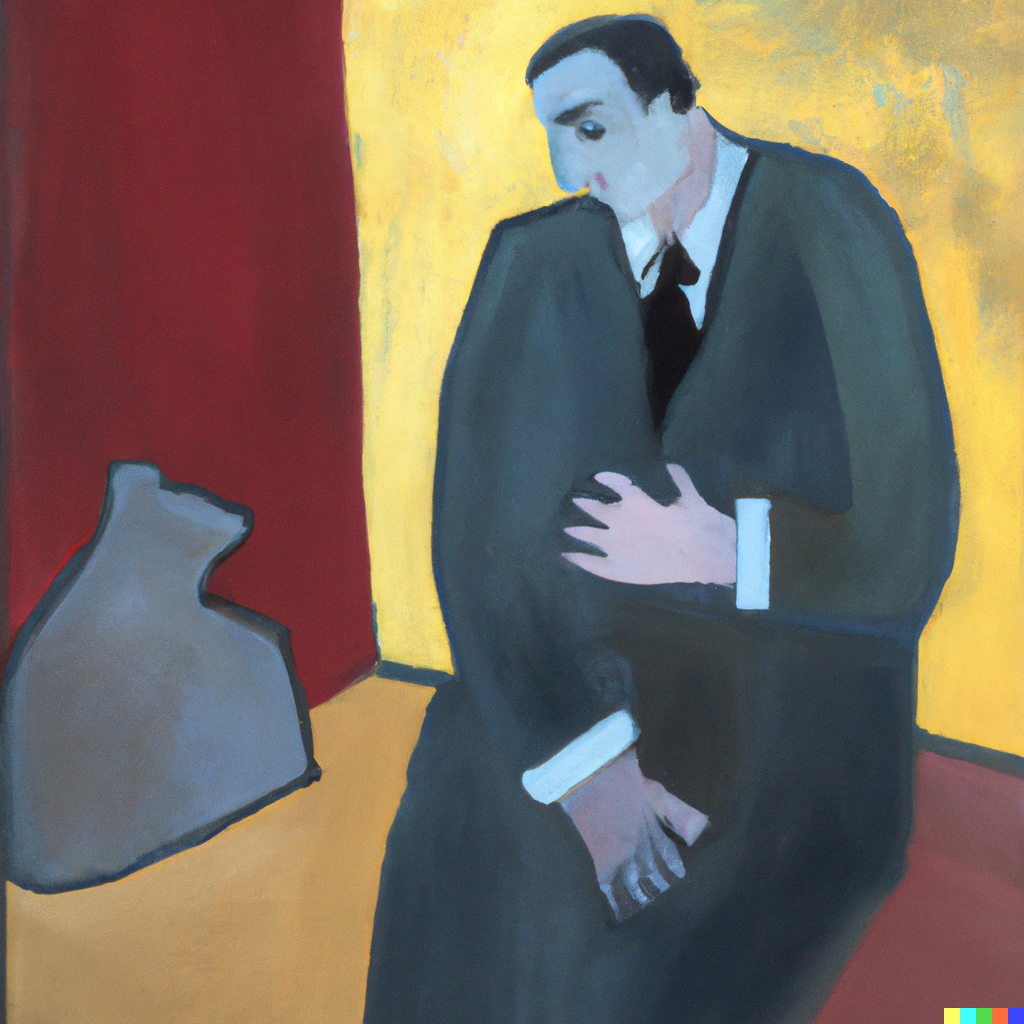
Creativity and Your Immune System: A Quiet Boost
Science hasn’t fully cracked the code on what causes every viral infection—germs, stress, or just bad luck?—but it’s clear on one thing: creativity can give your body a leg up. Take writing, for example. Studies show it increases CD4+ lymphocytes, those little warriors in your blood that fight off bacteria and viruses. A stronger immune system isn’t just about dodging colds—it’s a subtle but real perk when you’re seeking help with depression. Who’d have thought a pen and paper could double as armor?
Creativity’s Gift: A Calmer, Happier You
Ever notice how time slips away when you’re lost in something you love? The Japanese call it Ikigai—finding purpose and flow in daily life. When you dive into a creative task, your heart rate eases, stress fades, and a quiet sense of happiness settles in. It’s not about grand achievements; it’s about the process. That shift in focus can be a gentle nudge away from depression, offering relief without fanfare.
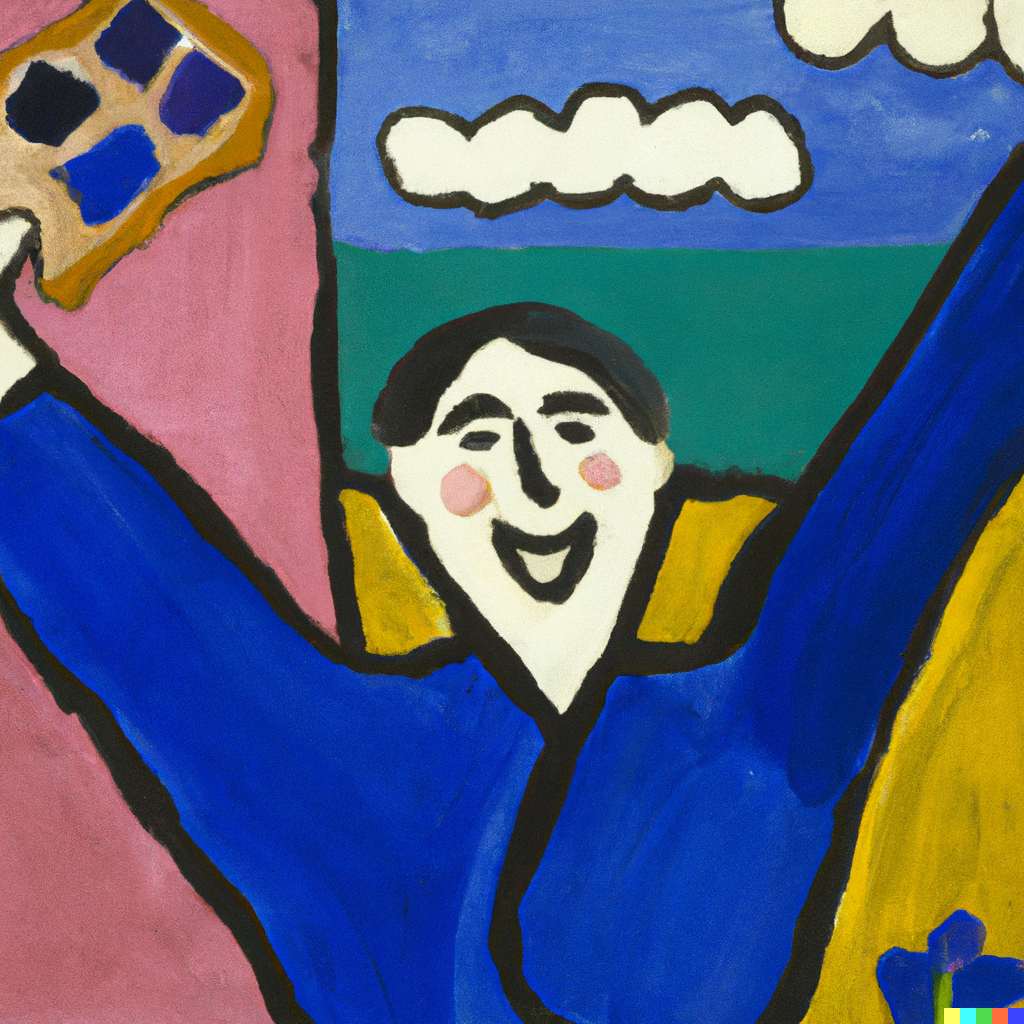
A Sharper Mind Through Creative Play
Here’s a tidbit worth sharing: people who engage in creative pursuits—especially musicians—tend to have better coordination between their brain’s left and right hemispheres. Think of it as a mental handshake that sharpens your thinking and boosts cognitive skills. So, while you’re strumming a tune or sketching a tree, you’re not just finding help with depression—you’re giving your brain a workout too. Smarter and happier? That’s a deal worth taking.
My Story: Creativity as a Steady Companion
I’ll let you in on a bit of my own journey. Years ago, I faced a clinical depression diagnosis—not exactly a high point. My body was a mess, weighed down by emotional and chemical toxins. But through fasting, cleanses, and a lot of trial and error, I started to feel lighter. Add in 20 years of near-daily meditation and a consistent creative practice, and I’ve built a foundation that keeps the shadows at bay.
Now, as a creativity coach and workshop leader—not to mention an artist and musician—I’ve seen how creativity seeps into every corner of life. When I spend an hour painting, designing, or playing music, my day flows smoothly. Skip it, and I can feel the difference—like a car running on fumes. It’s not just about mood; it’s about health, balance, and a sense of being grounded. I’ve watched students experience it too—a quiet transformation that’s hard to put into words.
Making Creativity a Daily Habit
If you’ve got a creative streak and you’re not already tapping into it, here’s a suggestion: start a daily practice. It doesn’t have to be big—just exploratory and yours. It’s one of the most effective ways to find help with depression, often in ways you won’t see coming. Whether you’re wrestling with sadness, grief, worry, or a sense of hopelessness, creativity can soften the edges or even sweep them away.
Not sure how to begin? Dip your toes in with an online creativity workshop—mine are a great place to start—or check out a local art class. A mentor can help too, offering guidance as you find your footing. Maybe it’s a sketchbook, a few chords on a guitar, or a story scribbled in a notebook. The key is consistency—small steps that build into something steady.
The Power of Creative Flow
There’s something special about getting lost in a creative moment—call it the flow state. Whether you’re shaping clay or strumming a melody, your mind shifts gears. The noise of the world fades, and for a while, it’s just you and the task at hand. Studies back this up: flow reduces stress, lifts your mood, and even supports physical healing. It’s not a cure-all, but it’s a reliable tool for help with depression—one that’s been hiding in plain sight.
And here’s the best part: you don’t need to be a pro. A doodle on a napkin, a tune hummed in the car—it all counts. Creativity isn’t about mastery; it’s about showing up. The more you do, the more you’ll feel depression loosen its grip, like a guest who finally takes the hint to leave.
Overcoming the “I’m Not Creative” Hurdle
I get it—maybe you’re thinking, “I can’t even draw a stick figure.” Fair enough. But creativity isn’t about skill; it’s about effort. Treat it like a routine—five minutes of sketching, a quick dance to your favorite song, or a few lines of poetry about your morning coffee. Start small, and it’ll grow on you. Before long, you’ll wonder why you waited.
If you need a push, keep an eye out for my upcoming courses on Transforming Resistance, Fear, and Anxiety. We’ll dive into managing tough emotions, including depression, with practical, creative strategies. Details are coming soon—stay tuned!
Why Creativity Matters
So, why lean on creativity for help with depression? It’s straightforward: it works. It’s not a replacement for therapy or medication if that’s your path—think of it as a steady companion. It bolsters your immune system, eases your mind, and sharpens your focus, all while being something you can do right where you are. Plus, you might end up with a painting or a song to show for it—tangible proof of your progress.
Let’s sum it up: depression’s been a tough roommate lately, thanks to isolation, job woes, and life’s curveballs. But creativity offers a way out—quietly powerful and within reach. Whether you’re a seasoned creator or just testing the waters, it’s a spark worth kindling. Grab a pencil, strum a chord, or move to a beat. The world’s a bit messy, but you can carve out a space that’s yours—calmer, brighter, and distinctly you.
For more on this, check out my upcoming workshops on navigating emotions and finding flow.

